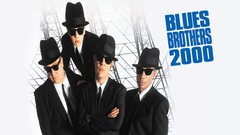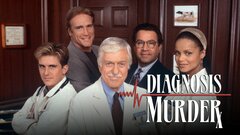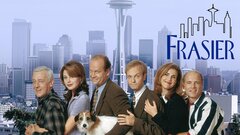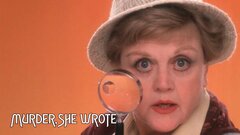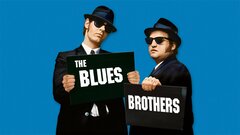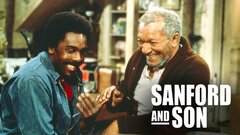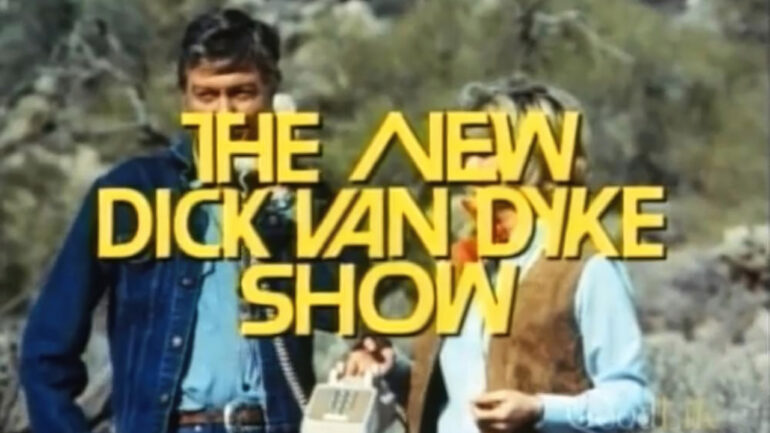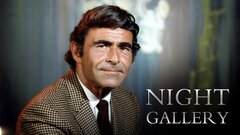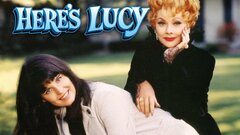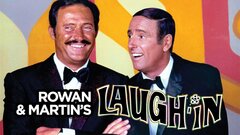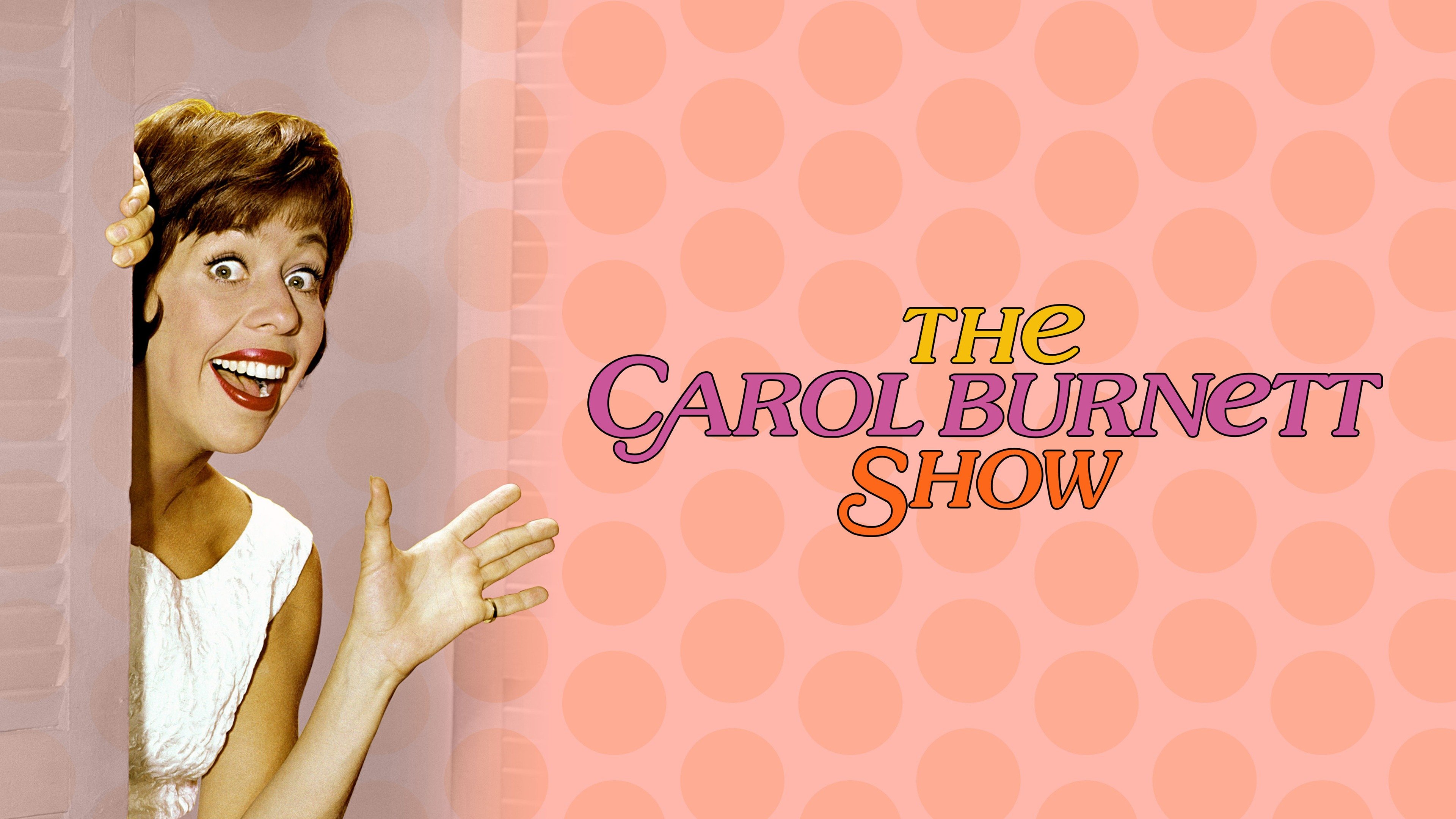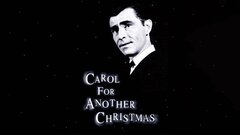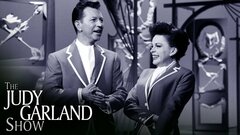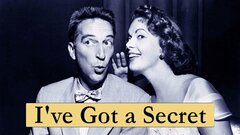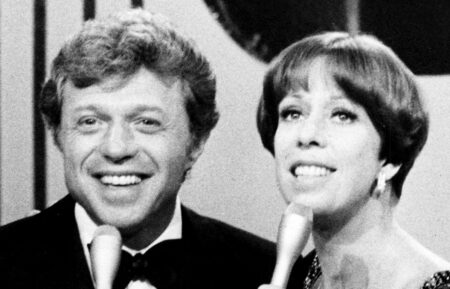An enduring figure in popular music for over six decades, Steve Lawrence was a singer, producer and occasional actor whose work as a solo artist and with wife Eydie Gormé yielded five Top 20 hits, as well as Grammy and Emmy awards and the respect of his profession. Blessed with a warm voice and relaxed delivery, Lawrence enjoyed a string of pop hits between 1957 and 1962, and easily transitioned from recordings and live performances to television, where he was a staple of variety shows, including his own in 1965. As traditional pop was overtaken in the mid-1960s by rock-and-roll, Lawrence saw fewer chart hits but no decrease in demand for his live performances with Gormé, especially in Las Vegas.
In the 1970s, he branched into television acting, but saw his greatest success in that medium as performer and producer of tribute specials to George Gershwin and Irving Berlin. The 1980s and 1990s saw Lawrence and Gormé still active on the concert scene and recording for their own label while repeating the awards afforded to performers of their stature and longevity. After 60 years in the music business, Lawrence remained one of its most consummately professional members, and a living link to the icons of the past like Frank Sinatra, to whom he paid tribute with a 2003 album of his standards.
Born Sidney Liebowitz in Brooklyn, NY on July 8, 1935, Steve Lawrence was the son of house painter Max Liebowitz and his wife, Anna. Lawrence's father was also a cantor, which provided his son with some of his first opportunities to sing before an audience at synagogue. As a teen, he briefly gave up singing to study piano and saxophone while also learning composition and arrangement, but returning to vocals while in high school.
In the early 1950s, he was a fixture at the various music publishing houses in Manhattan's famed Brill Building, where he was hired to sing on various demo records. After taking the first names of two nephews for his professional name, he tried for and won the top prize on "Arthur Godfrey's Talent Scouts" (CBS, 1948-1958), which led to a contract with King Records in 1952. The label would release an eponymous album in 1953 and eight Lawrence singles over the next two years, including a cover of 1944's "Poinciana," which would reach the charts in 1952.
That same year, Lawrence made his television debut as a singer on "Tonight," a late-night variety program hosted by Steve Allen on WNBC-TV in New York City. When the show went national on NBC in 1954, launching the "Tonight Show" franchise (1954- ), Lawrence continued to make appearances, which increased his exposure and popularity. During his tenure on the show, he frequently performed with another up-and-coming singer, Eydie Gormé, and recorded a series of singles with her on his new label, the Decca subsidiary Coral Records. The pair soon became a romantic item and were married in Las Vegas in 1957.
Also that year, Lawrence scored his first Top 20 single with a cover of Harry Belafonte's "Banana Boat Song." He quickly followed it with a Top Five take on Buddy Knox's rockabilly number "Party Doll," which established him as a pop artist on the rise. His fourth album, Here's Steve Lawrence, broke the Top 20 in 1958, and with Gormé, he hosted "The Steve Lawrence-Eydie Gormé Show," the summer replacement for Allen's "Tonight Show," on NBC in 1958. In the fall, he was drafted into the Army for a two-year stint, where he served as the singer for the United States Army Band.
Lawrence continued to record during his military service and switched to ABC-Paramount in 1959, for which he scored his second and third Top 10 hits with "Pretty Blue Eyes" and 1960's "Footsteps."
Lawrence continued his winning streak in 1960 with a Grammy for Best Performance by a Vocal Group for We Got Us, his first album with Gormé for ABC-Paramount. Their tenure on the label was short-lived, and by the end of 1960, the duo was recording for United Artists, where he earned a fourth Top 10 hit with and a Grammy nomination for 1961's "Portrait of My Love."
Its follow-up, "My Claire de Lune," marked the beginning of his lengthy and prolific relationship with Billboard's newly created Easy Listening Chart. The single, which reached No. 13, would be the first of 30 songs to reach its list.
Lawrence reached the apex of his pop career in 1962 when he and Gormé, switched labels yet again, this time to the legendary Columbia Records. There, he scored his first No. 1 hit with Gerry Goffin and Carole King's "Go Away, Little Girl" in 1963, which preceded a string of Top 40 hits, including his third LP, Winners! and the singles "Don't Be Afraid, Little Darlin," "Poor Little Rich Girl," and a pair of duets with Gormé, "I Want To Stay Here" and "I Can't Stop Talking About You."
The latter song, released in 1964, would peak on the Top 40 charts exactly one day before the Beatles' debut on "The Ed Sullivan Show" (CBS, 1948-1971) and the emergence of rock-and-roll as the dominant force in the recording industry.
By this point, Lawrence was already beginning to explore entertainment options outside of the pop community. In February 1964, he made his Broadway debut in the musical "What Makes Sammy Run?" which opened to positive reviews and a soundtrack album in the Top 40. Lawrence himself earned a Tony nomination and a Drama Critics Circle Award for his performance and soon began to add more acting roles on television to his busy schedule.
After 540 performances, "Sammy" closed on Broadway, and Lawrence had begun his first television series as host with "The Steve Lawrence Show" (CBS, 1965). Though it lasted less than a season, it spawned a soundtrack album that reached the charts.
The late '60s saw Lawrence and Gormé continue to record and perform on television and in Las Vegas while working on a musical, "Golden Rainbow," which featured Walter Marks' "I Gotta Be Me" among its numbers. Lawrence would record a version of the song in 1967, which reached the Top 10 on the Easy Listening chart, but it was quickly eclipsed by Sammy Davis, Jr's. 1968 cover, which placed in the Top 20 on the pop charts.
"Golden Rainbow" ran for nearly 400 performances on Broadway, despite critical drubbing and a less-than-flattering write-up by William Goldman in his 1968 book The Season. By now, the couple had moved to RCA-Victor, where they recorded an album-only musical called "What It Is, Was Love" in 1969 before moving to MGM in 1971. Their final Top 100 single arrived the following year in a duet with the Osmonds called "We Can Make It Together."
By this point, Lawrence was finding greater success on television as a guest star on various series. He was particularly adept at broad comedy, as witnessed by his appearances on "The Sonny and Cher Show" (CBS, 1976-77), whose stars cited Lawrence's '60s-era variety show as an influence on their own program, and "The Carol Burnett Show" (CBS, 1967-1978). Television also provided some of his greatest success of the decade: he shared an Emmy nomination with Gormé for producing 1975's "Steve and Eydie: Our Love is Here to Stay" (CBS), a tribute to the music of George Gershwin that featured Gene Kelly. Three years later, the duo took home the Emmy for Best Comedy-Variety Special for "Steve and Eydie Celebrate Irving Berlin" (CBS, 1979) with Burnett, Davis, Jr. and Oscar Peterson.
Though Lawrence would continue to perform live throughout the 1980s and 1990s, he focused more of his efforts on acting and television appearances during the period. He scored his biggest feature film hit as the unctuous manager Maury Sline in John Landis' "The Blues Brothers" (1980) and would continue to log comic appearances in features like "The Lonely Guy" (1984) and on series like "The Nanny" (CBS, 1993-99), where he played the long-lost father of star Fran Drescher.
In 1990, he and Gormé opened for Frank Sinatra on his Diamond Jubilee tour, which underscored the couple's long relationship with the iconic singer. Upon his retirement, Sinatra gave Lawrence his book of arrangements, which yielded the 2003 album Steve Lawrence Sings Sinatra: A Tribute to the Man and His Music, which he released on his own label, GL Music. Prior to its release, Lawrence's own career was feted with a series of awards, including the Ella Lifetime Achievement Award from the Society of Singers, which aided professional musicians in need of financial aid. It was soon followed by a Lifetime Achievement Award from the Songwriters Hall of Fame.
In 2000, Lawrence and Gormé celebrated four decades of performing as a duo by headlining the final show at the Circus Maximus showroom at Caesar's Palace in Las Vegas. The event marked a renewed period of activity from Lawrence, who soon recorded Steve Lawrence Sings Sinatra: A Tribute to the Man and His Music (2003). The album, which was released on Lawrence's own imprint, GL Music, and produced by his son, David, came about when Sinatra gave him his book of arrangements after his retirement. A year later, Lawrence and Gormé were back in Vegas at the Stardust. In 2005, his rendition of the theme from "Bewitched" (ABC, 1964-1972) was the highlight of the big-screen adaptation with Nicole Kidman.









